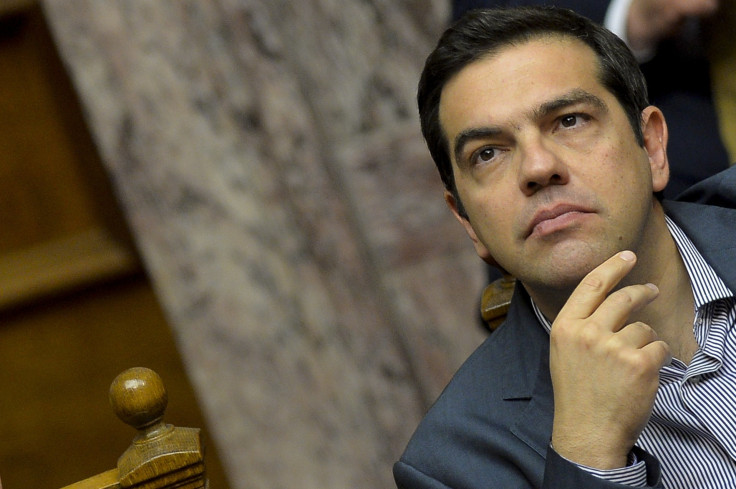European Summit Cancelled As Ministers Focus On Greece Talks

A summit of all European Union member states scheduled to start Sunday has been cancelled, as eurozone finance ministers scramble to secure a deal that will stop Greece from crashing out of the euro and possibly the EU.
European Council president Donald Tusk made the announcement on Twitter Sunday, saying: “I have cancelled EUCO (the European Union summit) today," adding that a summit of 19 eurozone leaders will be held at 4 p.m. Brussels time (10 a.m. EDT) and "last until we conclude talks on Greece."
The move comes as the rhetoric from senior European figures became increasingly bellicose. A senior figure in Greece's governing Syriza party said Sunday that Germany was trying to humiliate Greece, by demanding more extensive reforms in exchange for a bailout deal, according to reports.
"What is at play here is an attempt to humiliate Greece and Greeks, or to overthrow the (Prime Minister Alexis) Tsipras government," Dimitrios Papadimoulis, Vice-President of the European Parliament and member of the Syriza party said, according to Reuters.
As ministers prepare to meet for what will likely be the last round of talks in an attempt to negotiate a deal on Greece's debt Sunday, Italian Prime Minister Matteo Renzi told Germany that it must accept a deal with Greece, and not humiliate the country.
"Now that Tsipras has made proposals in line with the European demands, we must absolutely sign a deal. Humiliating a European partner after Greece has given up on just about everything is unthinkable," Renzi was quoted as saying by Italian newspaper Il Messaggero on Sunday.
At negotiations Saturday, Germany's finance ministry put forward a paper demanding more extensive economic reforms from Greece, offering as an alternative a supposedly temporary, five-year "time-out" from the euro zone.
At the reportedly acrimonious talks, European ministers expressed deep skepticism that Greece would implement the austerity measures it had proposed.
"We have had an in-depth discussion of the Greek proposals, the issue of credibility and trust was discussed and also of course financial issues involved, but we haven't concluded our discussions," Eurogroup leader Jeroen Dijsselbloem told the BBC.
Greece submitted proposals to its creditors this week, which were far closer to what had been demanded of it than the Syriza government had been previously been willing to countenance. They were also similar to those rejected as too austere by Greek voters in a recent referendum.
But the bad blood that has built up between Greece and representatives of its creditor nations over five months of negotiations appears to be hampering efforts to reach a deal.
© Copyright IBTimes 2025. All rights reserved.






















